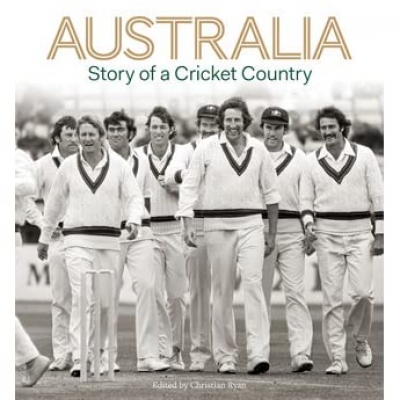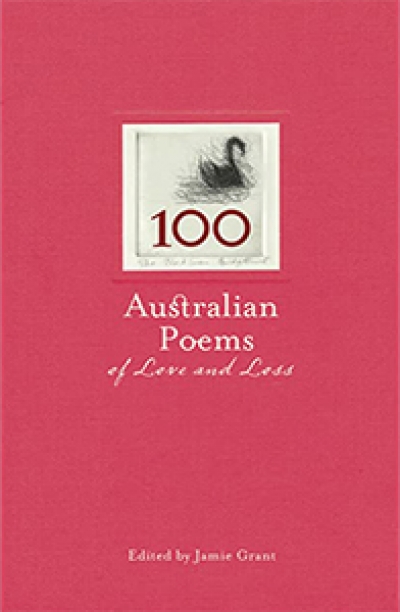Hardie Grant Books
The World As It Is: Inside the Obama White House by Ben Rhodes & Yes We (Still) Can: Politics in the age of Obama, Twitter, and Trump by Dan Pfeiffer
by Varun Ghosh •
Confessions of a People-Smuggler by Dawood Amiri & The Undesirables by Mark Isaacs
by Peter Mares •
Gravity by Mary Delahunty & Rudd, Gillard and Beyond by Troy Bramston
by Joel Deane •
The Agrarian Kitchen by Rodney Dunn & New Classics by Philippa Sibley
by Christopher Menz •
Unexpected Pleasures: The Art and Design of Contemporary Jewellery by Susan Cohn
by Christopher Menz •
William Lawrence Baillieu: Founder of Australia’s Greatest Business Empire by Peter Yule
by John Arnold •
Australia: Story of a Cricket Country edited by Christian Ryan
by Bernard Whimpress •










